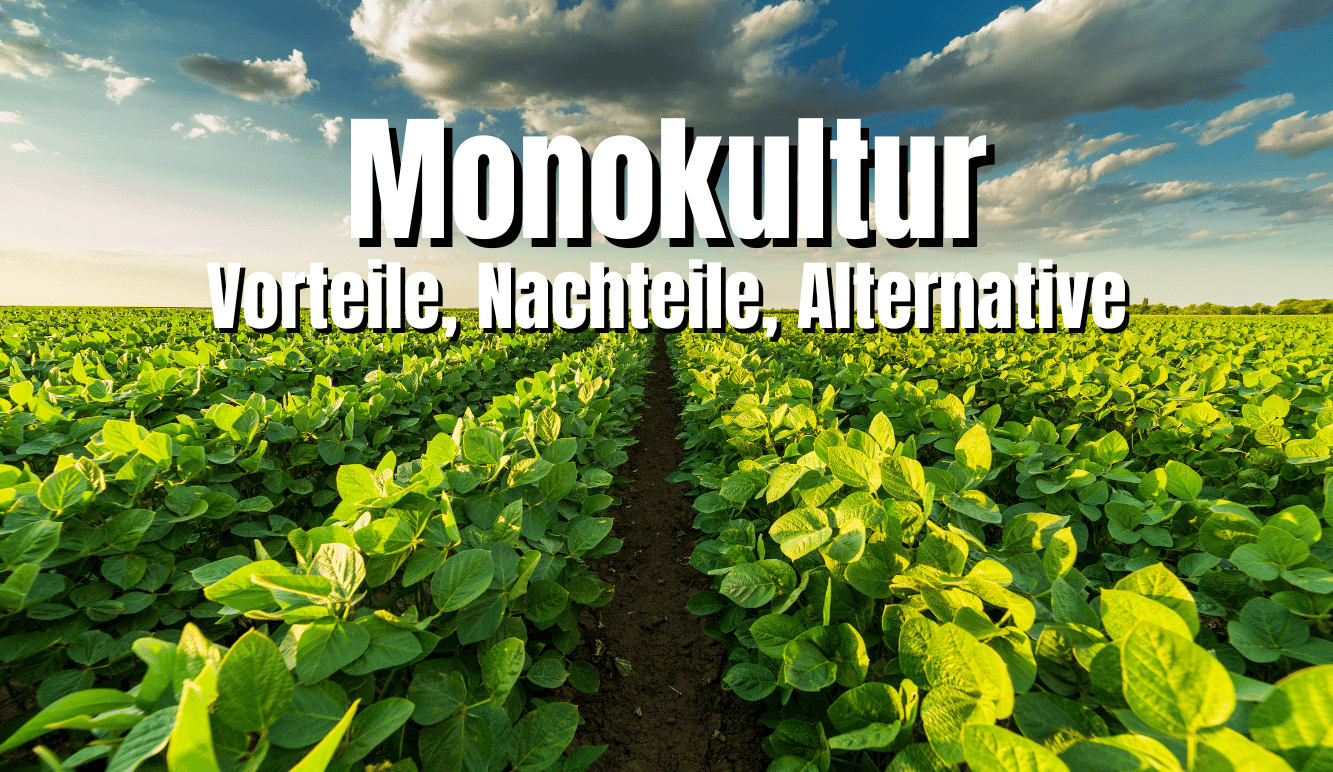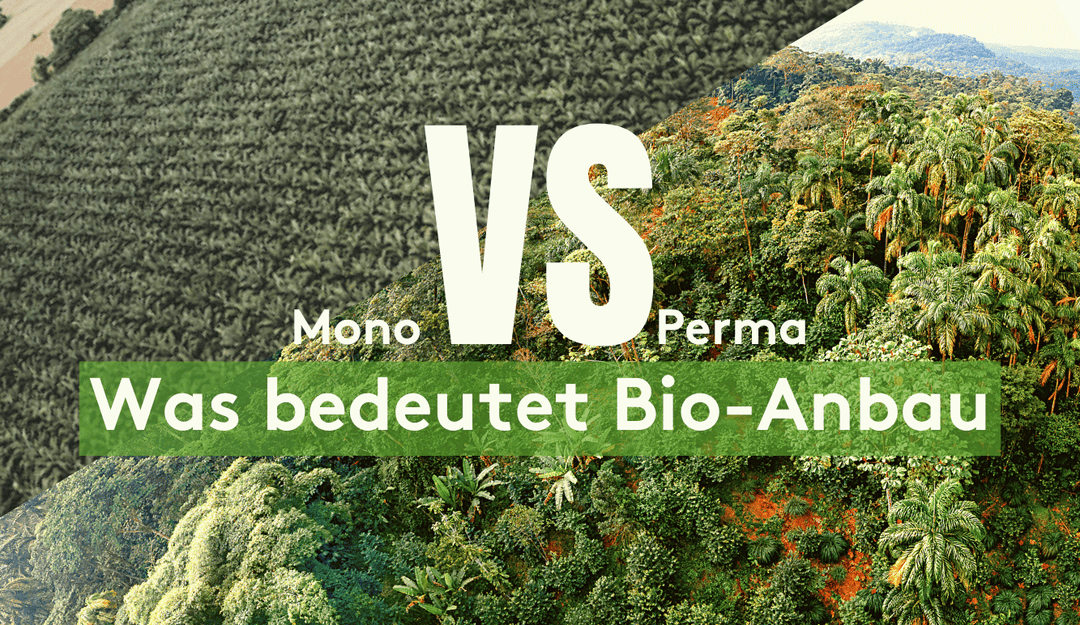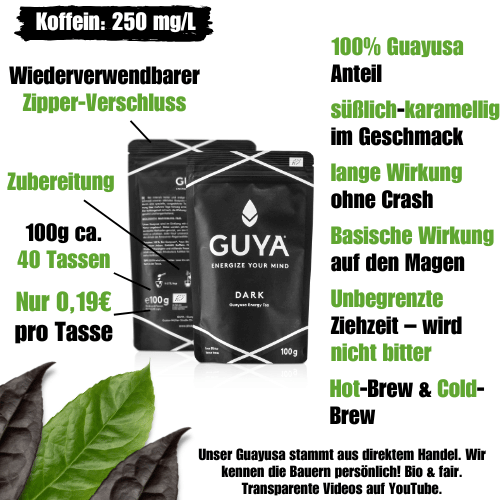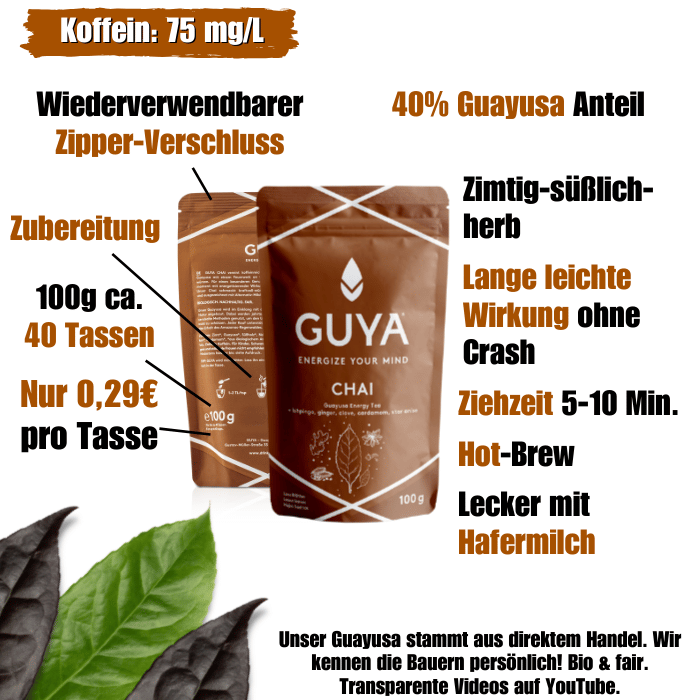Monocultures their definition, disadvantages & possible advantages

Introduction
Monocultures are something completely normal these days. If you drive from one city to the next on the highway, you'll see them everywhere, whether it's corn, rapeseed or spruce. But what exactly is a monoculture by definition and what advantages and disadvantages does this type of culture management bring with it? In this article we will go into the details and also introduce you to some of the advantages of organically diverse farming. This forms the opposite side of a monoculture.
Table of contents
- What is a monoculture?
- Advantages of a monoculture
- Disadvantages of a monoculture
- Alternative permaculture
- Conclusion
What is a monoculture?
Monocultures originally emerged out of necessity. They were introduced to meet an increased need for food. Grain had to be grown in ever larger quantities as a staple food.
With industrialization it became more and more common. Although it offers certain advantages and often helps to improve farmers' yields, monoculture farming causes great local as well as widespread global damage.
1.1. Definition of a monoculture
The term monoculture contains the words 'monos' (Greek for 'alone') and 'cultura' (Latin for 'cultivation' or 'care').
By definition, “monoculture” means that only one type of plant is grown on the same agricultural area over a period of years. In forestry this is often the spruce. In agriculture for food corn or various types of grain such as rye and wheat. From abroad, the most famous are coffee, bananas, avocados and tea.
2. Advantages of a monoculture
The definition of a monoculture doesn't sound particularly dramatic at first and this cultivation method actually has some advantages.
One advantage of crops in monocultures is that the necessary knowledge about a plant can be learned extremely quickly. The machinery for care and harvesting does not have to be particularly versatile either. In addition, monoculture products can achieve better prices in larger quantities. In some areas it also turned out that a certain type of crop grows particularly well on some soils under optimal local climatic conditions.

3. Disadvantages of a monoculture
But the definition of a monoculture makes it difficult to look behind the scenes and imagine the diverse and far-reaching disadvantages.
Monocultures damage the soil, deprive animals of their living space and are much more often uneconomical than economical. Monocultures also require huge amounts of water. We have summarized the 8 most important disadvantages of a monoculture as key points below.
- Plants grown in monoculture are more vulnerable for Pest infestation and Diseases. That requires one increased Mission from pesticides and Chemicals.
- Pesticides are incredible harmful for Wildlife, Environment and also for him Person, as some of the pesticides are washed away when it rains and in local waters reached.
- In monocultures missing the biological diversity at microorganisms, the break down dead organic material and contain it nutrient release. The plants therefore have relatively few nutrients available. To solve the problem, must farmers her country fertilize. Because monocultures... Soil chemistry strong disturb, become huge amounts at fertilizer needed – which makes it a problem.
- Monocultures consume only increased particular nutrient and these in particularly high quantities. This leads to one Nutrient depletion of the floors, which in turn leads to new soils having to be developed -> Clearing of virgin forests for fresh soil.
- Healthy living spaces accommodate a variety Vertebrate, plant, tree and Insect species, thousands from Invertebrates as well as other life forms such as Mushrooms and Bacteria. This diversity contributes to Protection of the system All species provide different environmental services. Monocultures are missing this Diversity. That's what it does ecosystem dem balance and does it prone to approximately Overpopulations.
- Ground covers help reduce the rate of water evaporation. This keeps the soil moist and gives the plants more time to draw water through their roots. Monocultures use no ground cover. It a lot of water evaporates in the soil before plants can use it. Consequently, the farmers have to do a lot consume larger amounts of water, than they traditionally would.
- The dehydration of soil changed the Drainage patterns. This can be local Streams, rivers or wetlands dry place. This not only destroys habitats, but also makes these areas inhospitable to local wildlife.
- Machines are typically better able to harvest large quantities of a crop, while humans are better able to harvest many different species. Monocultural companies use machinery and need a corresponding number for their work fossil fuels. Tractors e.g. compact additionally the Floor, what to poorer ventilation and Water penetration leads.
4. Alternative permaculture
Conversely, all the disadvantages of monocultures result in many reasons for growing crops in a biodiverse manner in mixed cultures, also known as permaculture. Permaculture has significantly more advantages and fewer disadvantages than a monoculture. We have summarized some of the advantages for you. If you would also like to find out more about permacultures compared to monocultures, we recommend our article “What does organic farming mean?“.
- Plant diversity reduced Pests: biodiversity improved the natural defense against pests, whereby the Mission from pesticides in agriculture reduced can be.
- Robustness increases productivity of plants: Plant families in species-rich meadows use significantly less energy to defend themselves against insects. These findings were also reached by an international research team led by the German Center for Integrative Biodiversity Research, the University of Leipzig and the Friedrich Schiller University Jena (FSU), which examined how increased plant diversity can reduce the negative effects of plant pests.
- Biological plant protection with natural Predators: Plant diversity has the advantage that, compared to monoculture, there are more herbivorous insects - but also more natural predators. This natural form of pest control helps Mission from chemical insecticides in agriculture to reduce.
- Full exhaustion the Soil nutrients: There Each type of plant has different nutrients different in the soil uses, will be the one Floor in contrast to monoculture balance exhausted. Added to this is that some plants also Nutrients back in the Floor give, by she Nitrogen from the atmosphere tie.
- Speciation: biodiversity means genetic diversity. This enabled it populations, through mutation and natural selection adapt to their environment. During the Time can be so new Species emerge. How resiliently a plant thrives depends on its genes and largely depends on the habitat in which the plant lives.
- The promote biological diversity, despite it good yields a study by the University of Zurich shows that this is possible, according to which healthy plant communities even ensure higher yields. Professor Hans Pretzsch from the Chair of Forest Growth Science at the Technical University of Munich also believes that “higher yields with monoculture” is a misconception. He sees through Monoculture costs and Losses, which are more than twice as high as the global investments that would have to be made to preserve biodiversity.
5. Conclusion
Even though the issue of monoculture does not receive as much media attention as other “environmental issues,” that does not mean that it is something that should be ignored.
Monocultures have their advantages. In the long run, however, the disadvantages outweigh the disadvantages - and the consequences can be significant. If this agricultural practice is not changed in the next few years, irreparable damage is likely to occur. The loss of biodiversity affects the ecosystems and their services - on which humans depend.
The possibilities to counteract this are there. Farmers, associations, politicians and each and every one of us just have to use them consistently. This could create many improvements in a short time - in terms of diversity but also farmers' income.
What can you as an individual do to solve the ills of monoculture agriculture? Probably the best way is to buy food that comes from permaculture. Instead of a green tea or black tea from the discount store, you can greens Guayusa-Tea or black Guayusa tea grab. Instead of cheap coffee, you can go for single-original coffee from small roasters or ours Coffee-Guayusa-Mix grab.
















